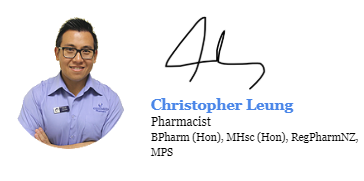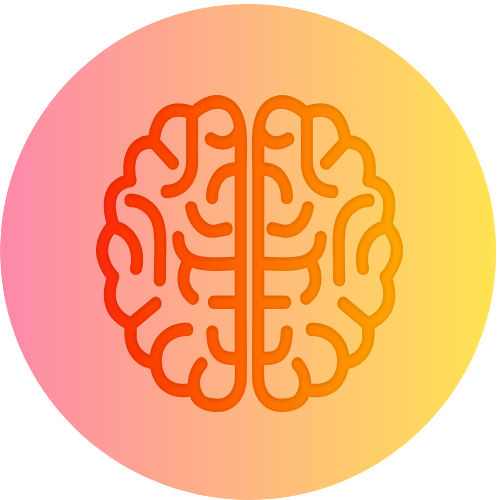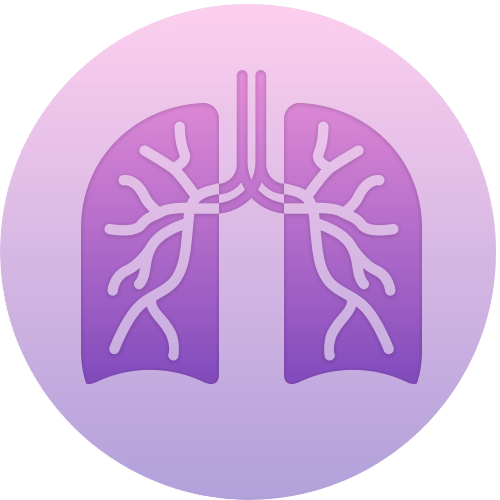The truth about depression – Part 1

Seeing my accountant is not something that I look forward to on an annual basis. It kind of reminds me of when I was in standard 1 in the early 90s when I was still in Hong Kong. By the way, the education system there is very different compared to NZ – feeling stressed to perform at my best as a 5 year old is probably the way to describe it. Every year there is a parent-teacher interview where your report card would be presented to your parents to describe your progress and academic achievement for the past year and you’d be given a rank amongst your peers. Every time I read the financial statement for the last financial year it triggered my “depressed state”. The word “depressed” might be a bit too heavy to describe my feelings but it certainly not something I look forward to. However, this year was very different. Even my accountant noticed my calm and collectiveness. He thought I genuinely looked happier in compared to previous years when we met despite the pharmacy not performing as well as the previous financial years.
I attribute this shift in my mindset to the idea of regaining control of my thoughts. We all have to understand that there are a lot of variables that come to play when an undesirable outcome occurs. Quite frankly, a lot of those variables are usually out of our control. By default, we tend to get caught up on the things that we can’t influence no matter how much input or attention we give. This inability to redirect attention to the things that are within our control that may have a positive outcome in the long term is what many people can’t get their heads around. We’re all living in a society where instant gratification is a must and a norm. When it comes to getting results, we demand the same too. If we can decode this behaviour and free our mind from the barricade that we force ourselves within and look at the bigger picture rather than focusing on the un-controllable, many people’s minds would be in a much better place.
Anyway, meeting my accountant on Tuesday gave me the idea of writing this week’s dose of wisdom blog around my thoughts on depression. It turns out that my article was too long to be published in one go – so I decided to split it into Part 1 and 2.
It is certainly that time of the year to get stressed with Christmas less than 3 months away from our doorstep and depressed thoughts may be escalated by our post-COVID lockdown stress – either looking for a new job due to redundancy or finding ways to have a business survive longer.
Every now and then we see Sir John Kirwan actively talk about depression on TV – how it affected him and how he finally overcome it. However, I personally think that depression is not often talked about enough within our community and society in general.
Depression is a terrible, terrible thing and it can be caused or triggered by so many variables. The medical community to date only understands some of it – but not fully. Sometimes people get depression is because they are really sick. Some research suggests that depression can be an inflammatory disease but it’s not conclusive. There are simply so many factors which come into play here. But one thing we know for sure is that depressed people can go places that are so dark you just cannot imagine it. When a person in a depressed state, everything around them seems catastrophic, they just can’t see a way out or path forward whatsoever. The suffering is very real and it simply un-comprehensible. And no matter how much we care, it isn’t necessarily the case that you can always rescue someone. Despite how difficult it is, if you ever come across someone that you know is going through a rough patch, sometimes all you could do is to listen to them and desperately encourage them to seek the help they need.
We’ve all heard of the saying “depression is the result of a chemical imbalance in our brain”. To some extend that is true. But that doesn’t capture how complex the disease is. It is not simply just having too much or too little of certain brain chemicals. But also, it includes factors like genetic vulnerability, stressful life events, medications and medical problems. With this level of complexity, it is not uncommon to have 2 people with similar symptoms to require entirely different treatments to manage depression. However, I always tell patients not to underestimate the effectiveness of medical interventions if you are in a chronic depressive state. You should discuss depression with your GP or a psychiatrist and try an antidepressant if appropriate because usually, you’ll know whether it’ll work in a month of trying. If it works, then that’s fantastic because it’ll help you get your life together.
Over the years of working as a pharmacist, I’ve seen so many people who need to seek help but did not because they care too much about other’s opinions and do not want to rely on an external crutch to sort out their lives that they can’t even tolerate. The analogy I always refer to is if you have a high blood pressure problem, you must take your blood pressure medicine. Just the same with your mental health. If you are sick, you must do whatever it takes to make you feel better even if it means you leaving your pride behind if you need to.
The problem with untreated depression is that it can potentially lead to an irreversible side effect of suicide. Some people can get to a point where they can’t think any other possible way out other than committing the ultimate act. If you or someone ever find themselves in that situation, make sure they tell someone and go seek help from a social worker, psychologist and psychiatrist. Do not ever give up hope and do something final. There are treatments for depression and they can work really well for some people. At least you owe yourself to explore all other possible options.
I’m not saying that you should simply rely only on an antidepressant to regulate your mood. Yes, it helps many people but ultimately there is only so much an antidepressant can do to help with depression if you are living a miserable life. There is no doubt that antidepressant is crucial in the management of chronic depression. However, there is also a need to fine turn our mindset so that we can see life from a different perspective and not from a bitter angle all the time.
If after exploring all the avenues and you still have thoughts about a suicide plan. Please do yourself a favour by telling it to someone so that they could in some way persuade you to put it off. The consequence of suicide is severely detrimental, usually not to the person who committed the act but rather to the people he or she left behind. It is a terrible thing to leave people with especially your loved ones. So always think twice, three times or every five times before doing something irreversible that will leave behind nothing but regret.
Next week I will talk about techniques to change your perspective and gain a more positive outlook on life. If you or anyone else you know needs help with depression, call the depression helpline – 0800 111 757.
To a happier you,



















